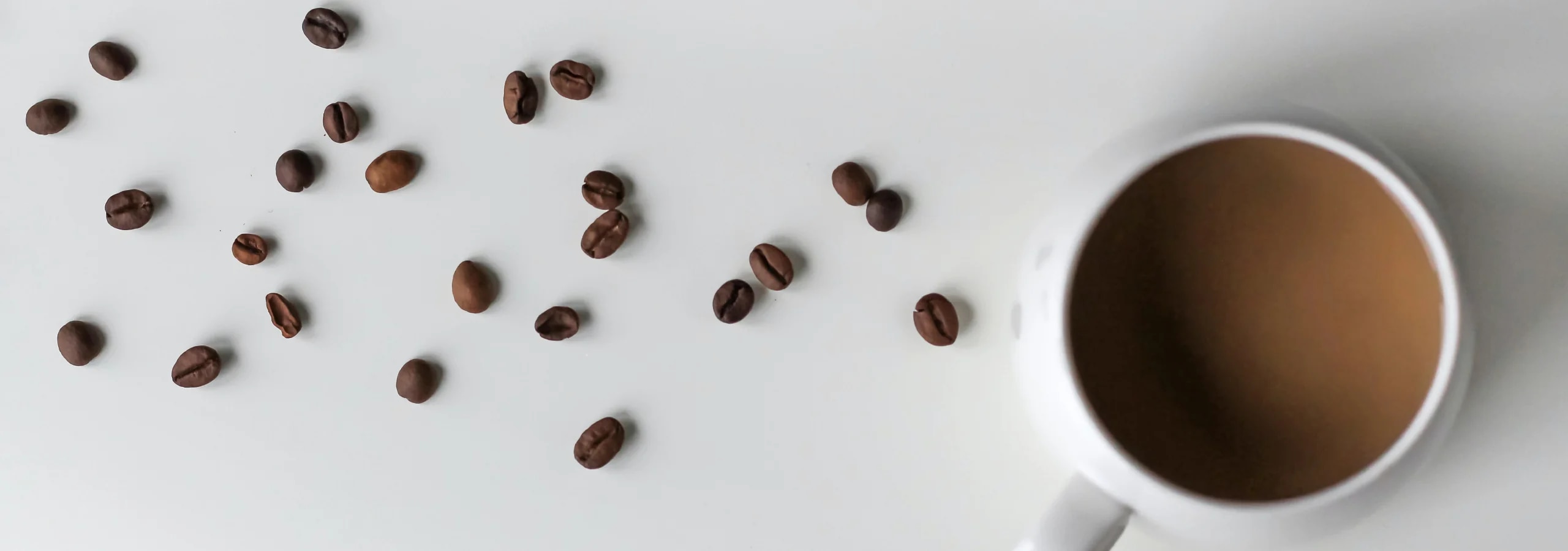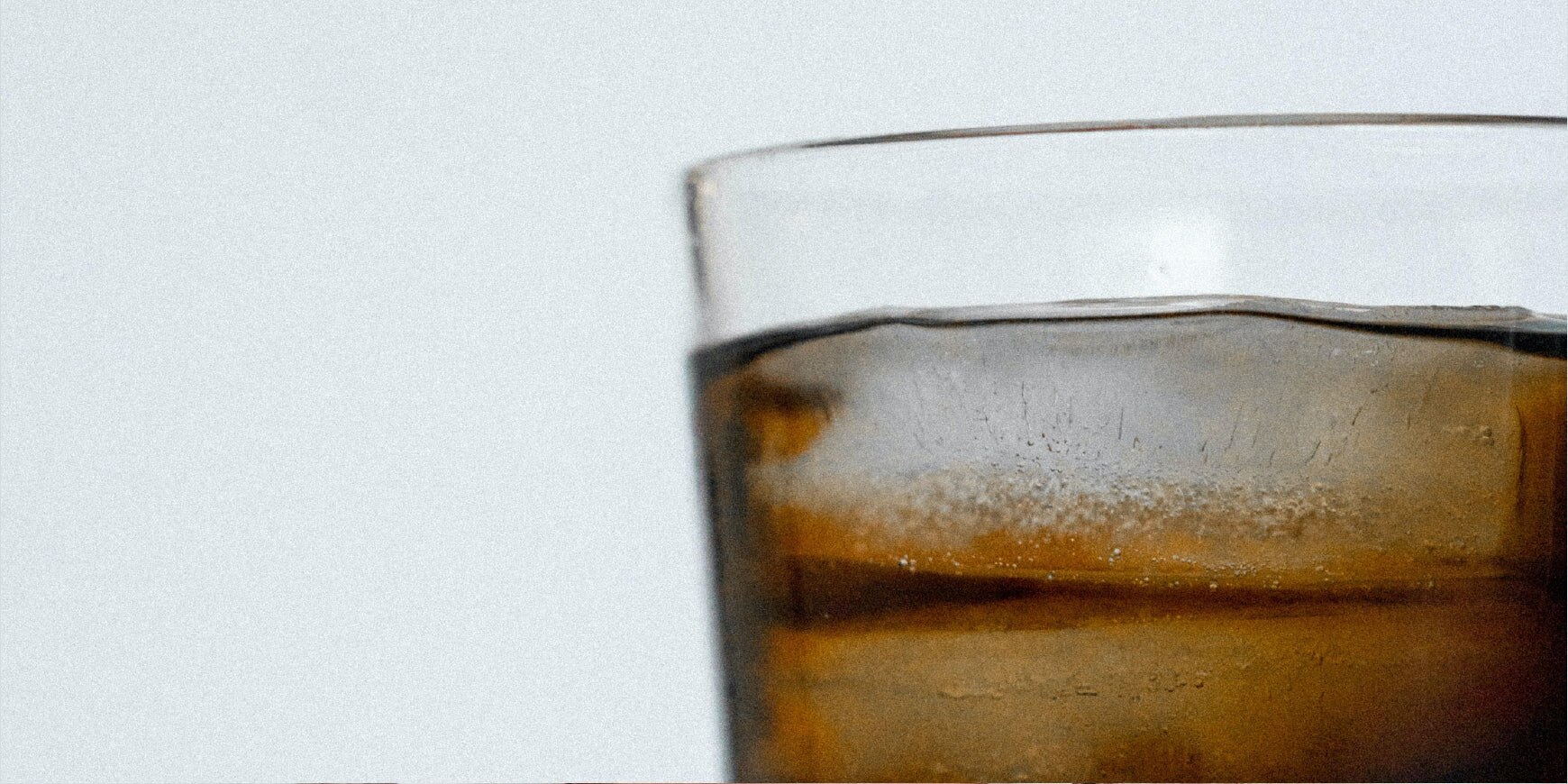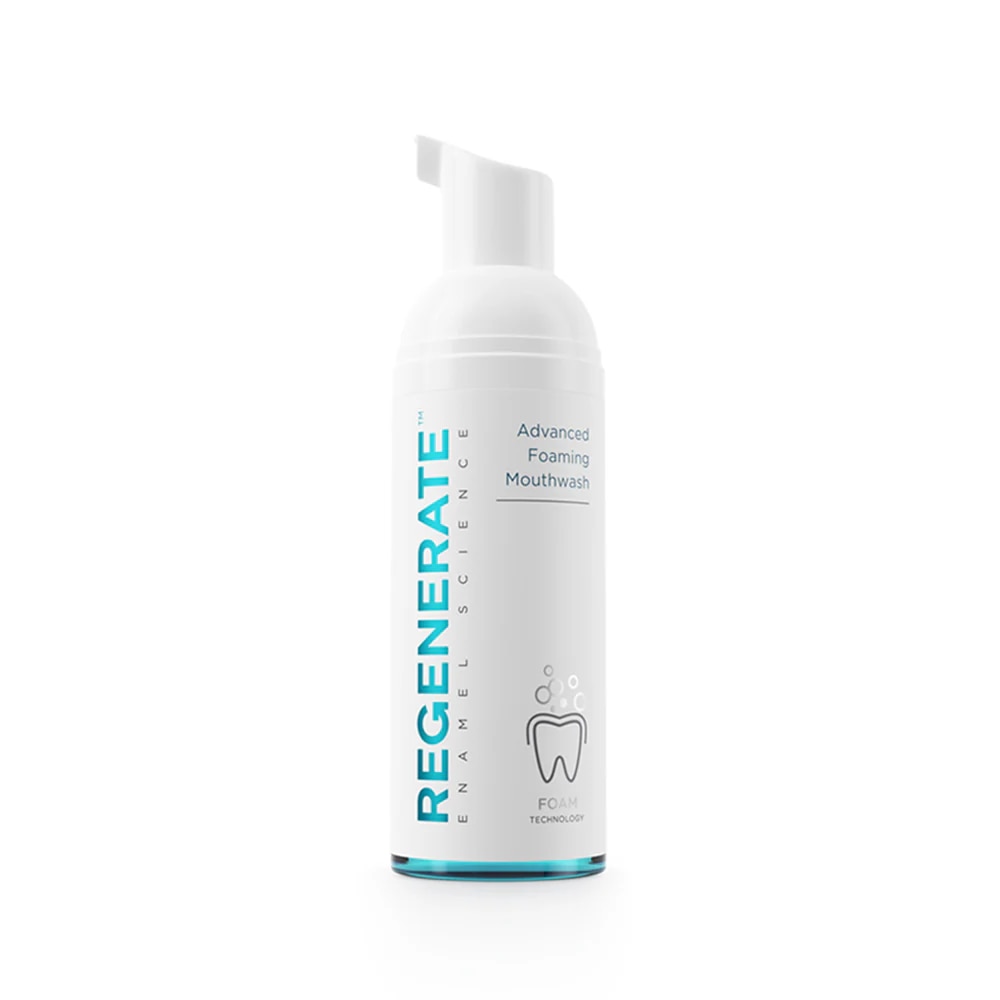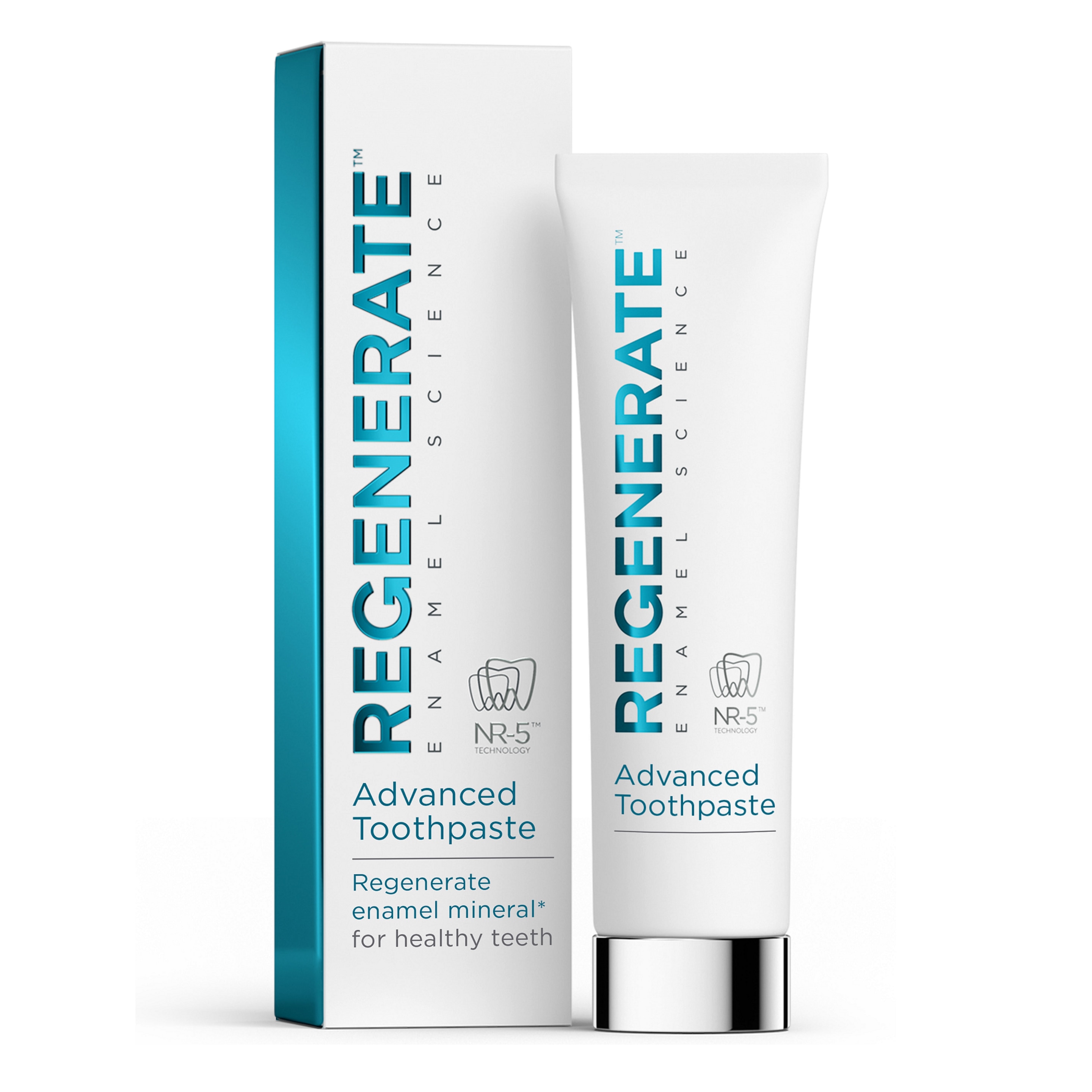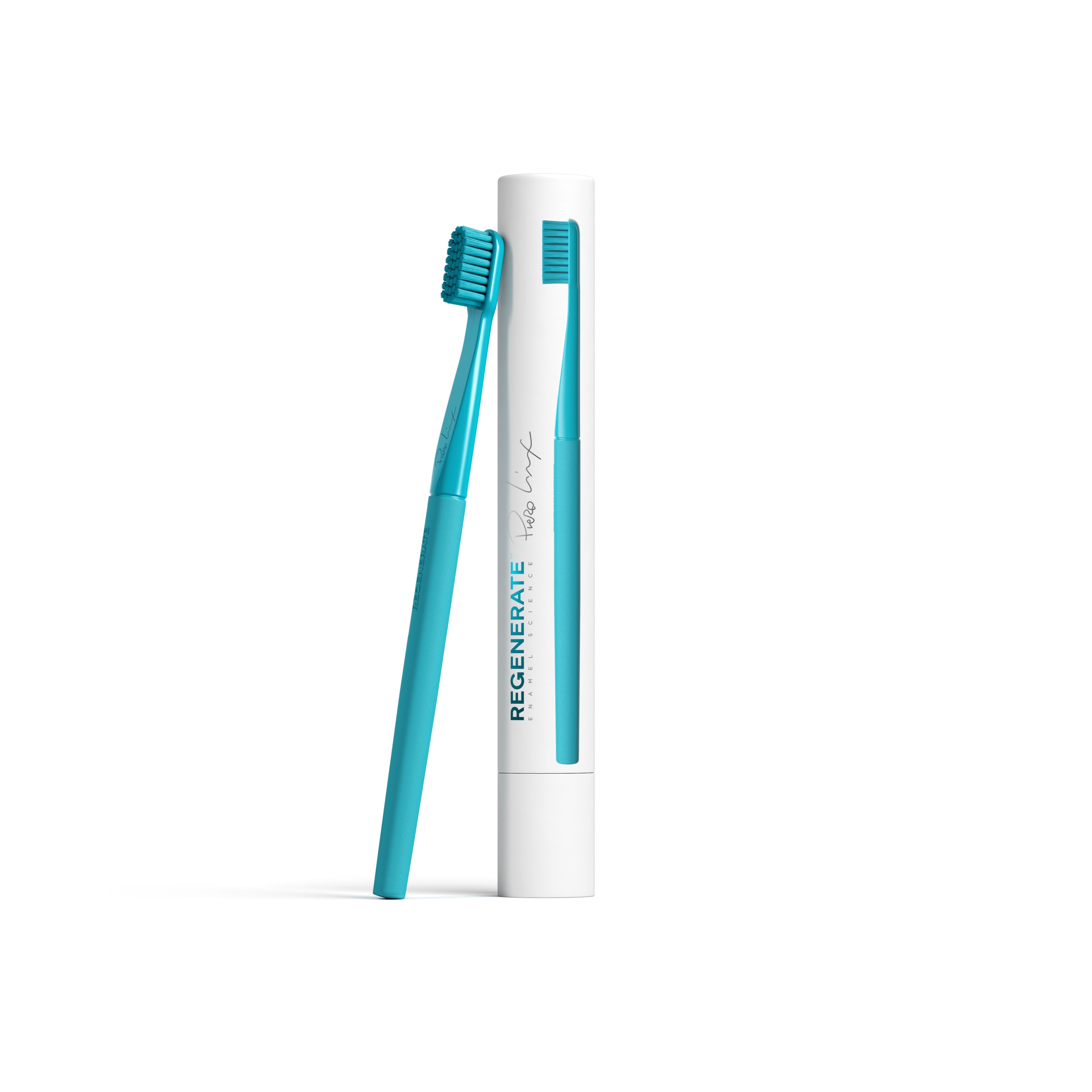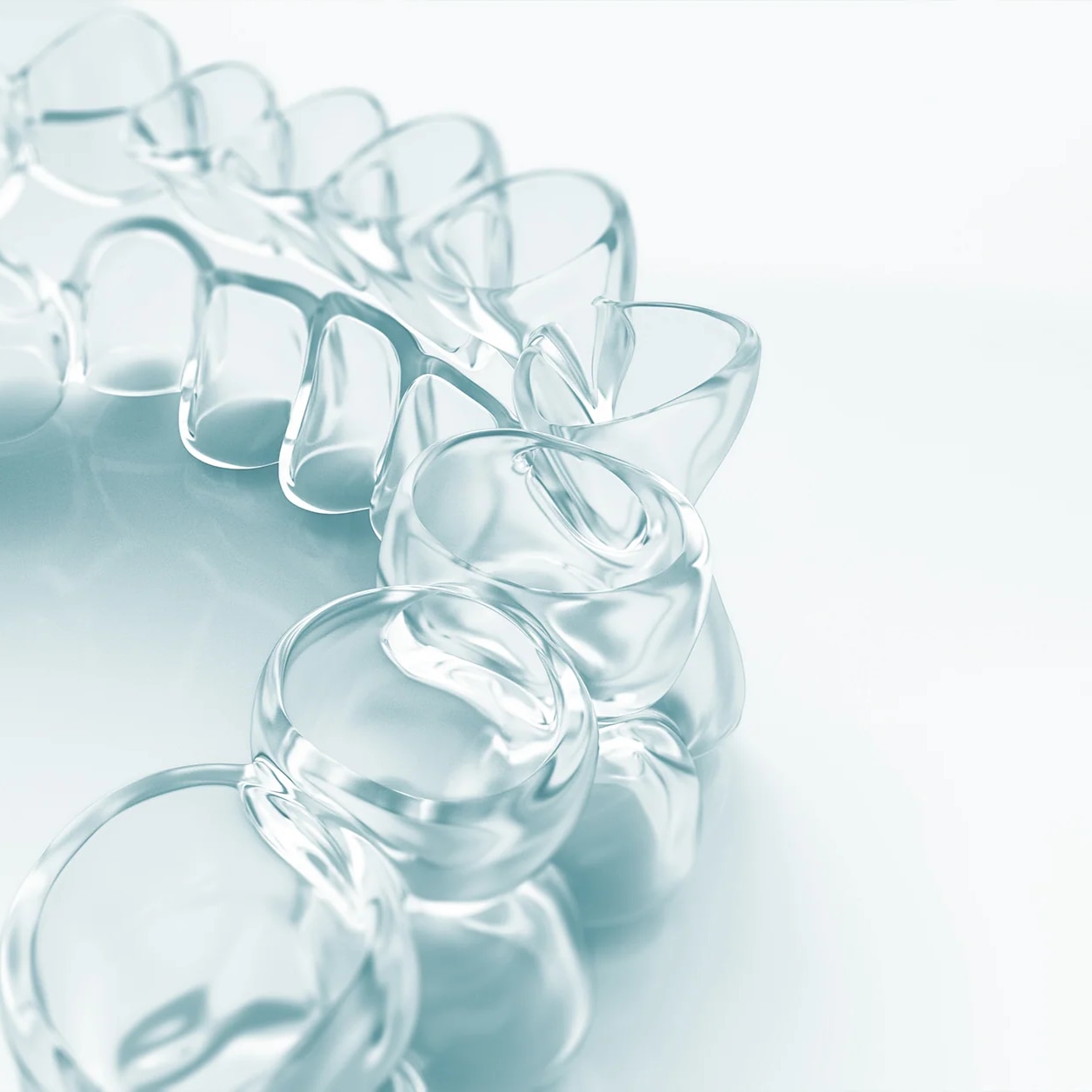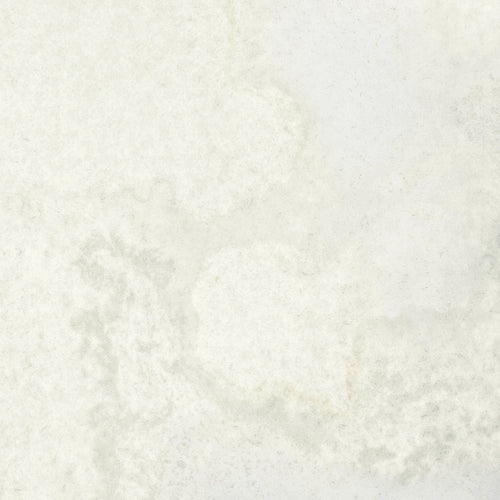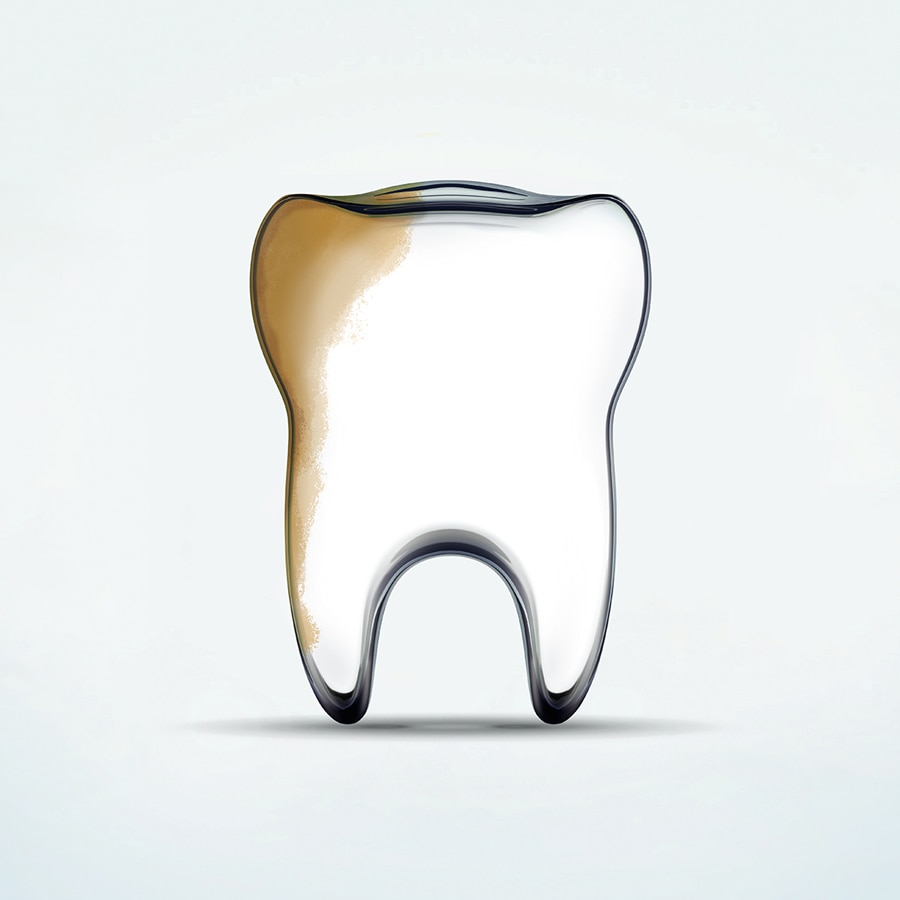When it comes to things that stain your teeth, cola and fizzy are one of the top culprits². Phosphoric acid that is present in most sodas is harmful to the enamel of teeth and causes erosion, but it is the dye in soft drinks that causes the staining. To avoid staining from cola, try drinking through a straw as this helps to prevent the liquid having direct contact with your teeth.
4. Sports drinks
Like fizzy drinks, sports drinks can contribute to enamel erosion, helping provide an easier surface for stains to appear.
Try drinking water during workouts to avoid any unnecessary enamel erosion.
5. Curry
When it comes to learning what foods stain your teeth, anything with deep colour will be a contender, hence why curries aren’t your friend when it comes to keeping teeth white. Not only are curries highly saturated in colour, but they’re also acidic, making your teeth more susceptible to staining.
It is recommended that you eat dark green vegetables before eating curry as these foods can help to create a protective film over teeth.
6. Tomato sauce
While tomatoes are a great choice to supply your body with nutrients, the pigment that causes their deep-red colour can stain teeth.
7. Balsamic vinegar and soy sauce
These dark sauces come under the category of foods that stain teeth as they are both highly acidic and deeply pigmented. The darkish colour tends to stick to teeth for long after you’ve eaten, which can quickly lead to noticeable discoloration.
8. Beetroots
When eating beetroots, you’ve got to be careful not to get them on your clothing in case of staining and it’s the same when it comes to your teeth. Beetroot is highly pigmented and so can easily stain teeth.
9. Blueberries
They may be rich in antioxidants, vitamins, and inflammation-fighting compounds but the dark tint of blueberries makes them a top food that stains teeth. They are full of chromogens and can cause³.
Drinking water or milk can combat the staining effect of berries. In addition, eating hard cheese can neutralize berry acid.
10. Sweets
If you have ever eaten a sweet only to find that it has turned your tongue a different colour, then it is likely to have had a staining effect on your teeth as well. This is normally because of the food dyes used in the sweets, and the sugar will only make the staining worse as it will erode the enamel.
The good news is, as long as you limit your intake of these foods, there shouldn’t be any long-lasting damage.

